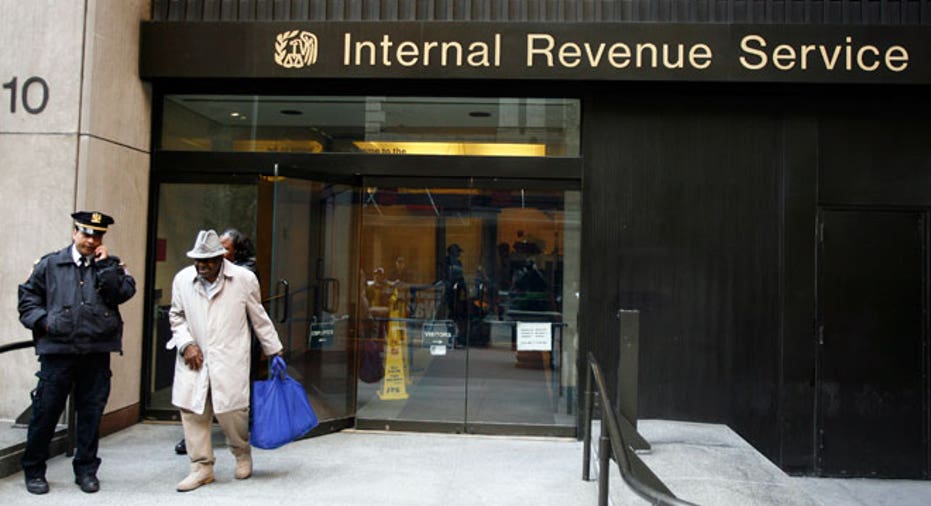How to Avoid an IRS Audit

Getting audited is every taxpayer’s nightmare, but rest assured: your chances of being singled out for an audit are slim.
According to the IRS, approximately 1% of the tens of millions of taxes filed each year get audited. However, if the IRS finds holes in your tax returns, the repercussions can be wide ranging and financially devastating.
While no one is immune from the magnifying glass, certain filers are more likely to attract the scrutiny from the IRS, including those making more than $1 million a year, self-employed individuals and those claiming certain tax deductions like the home office credit.
The best strategy for small business owners to avoid an audit is to have a dedicated business credit card that can provide detailed reports to track spending and expenses.
Here are additional strategies to avoid having your tax returns flagged for an audit:
Get your math right. The IRS understands that not every inaccurate tax return is from a dishonest person. The red flag could be as simple as wrong addition and subtraction or inadvertently leaving out a comma, but no matter the intent behind an error, it can lead to an audit. To combat careless mistakes, experts advise filers to use calculators to double check their work and use computer programs that might be able to spot items that might be wrong.
Get your Facts Right. Minor errors can tempt IRS auditors to take a closer look at your entire history of tax returns. Getting your spouse’s Social Security number wrong or over or understating the amount of money you paid on property taxes last year could attract the unwanted attention of the IRS.
Report Every Penny Earned. The IRS wants to know how much you made – no matter how small. Let’s say you pulled in $150,000 in freelance income last year from a myriad of clients and you reported all of it but the $500. That omission would get you in trouble with the feds.
Maintain an Accurate Home Office. More people are telecommuting or running their business from home thanks to technological advances, but there are strict eligibility rules for the home office deduction.
A key point in these guidelines is “exclusive use,” which means not using the home office for double duty like storing your bikes, kids’ toys or boxes of old clothes bound for the Salvation Army in the spring.
Log Business Vehicle Records. Listing business vehicles on tax forms frequently attracts the attention of auditors. If you plan to claim a business vehicle on your return, make sure you keep a detailed log throughout the year including date, destination and mileage for each trip. Make sure every destination is business related: Stops at your son’s swim meet, your daughter’s recital or an espresso run don’t count.
Record Entertainment Spending. So you went out to dinner at a high-end restaurant with your buddy and talked about your business before ordering but the rest of the meal was spent reminiscing about the old days and throwing back drinks. Be careful! The IRS watches these kinds of deductions very closely – even if you are honest. Keep detailed records and receipts of these expenses.
Roman Shteyn is co-founder of Credit-Land.com. He writes frequently on credit-related topics.



















